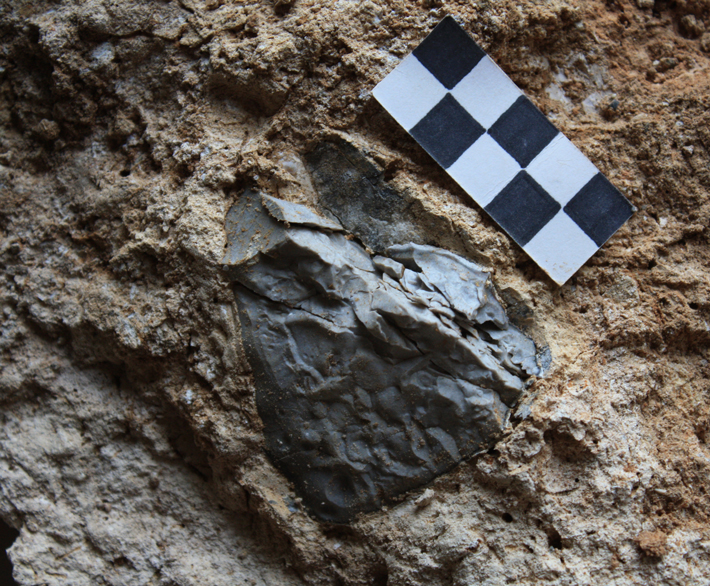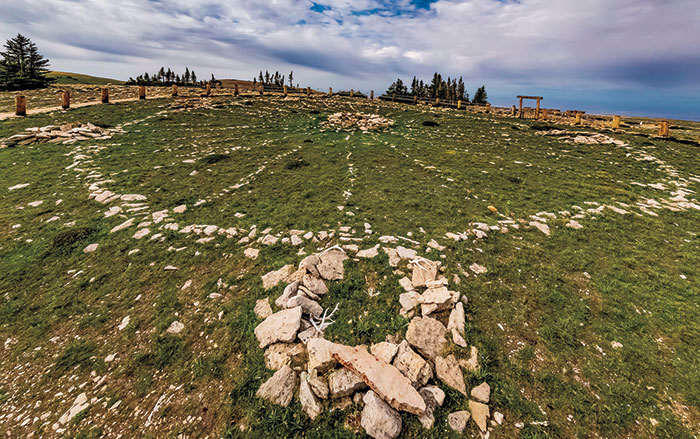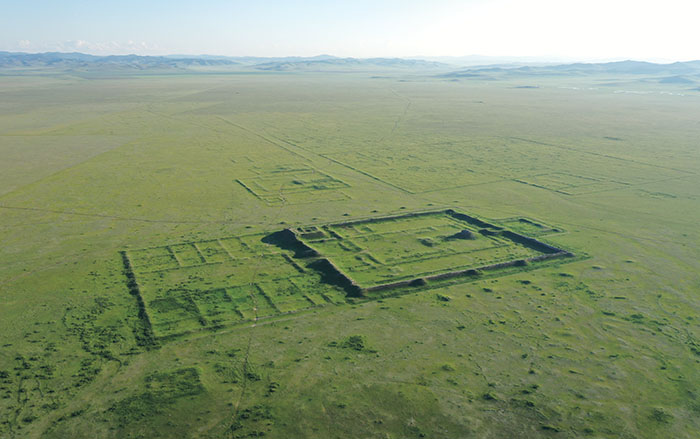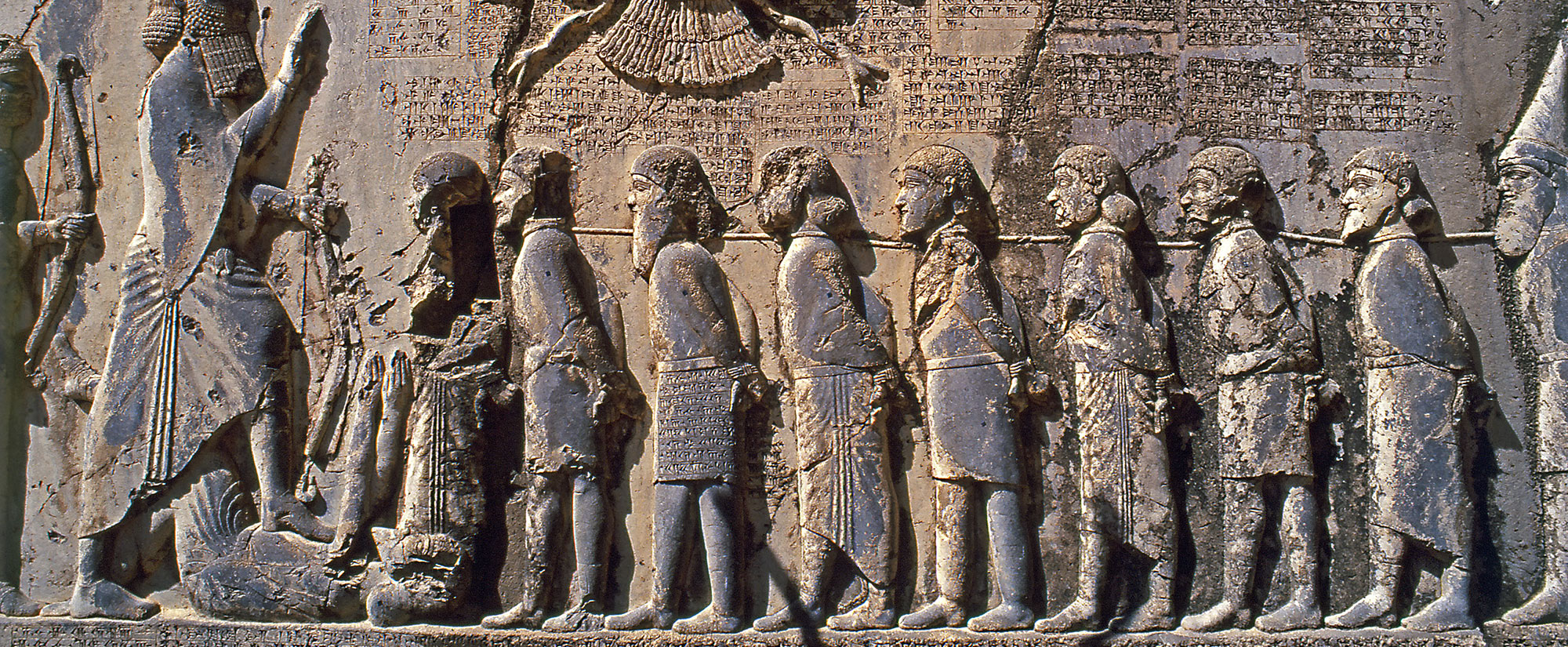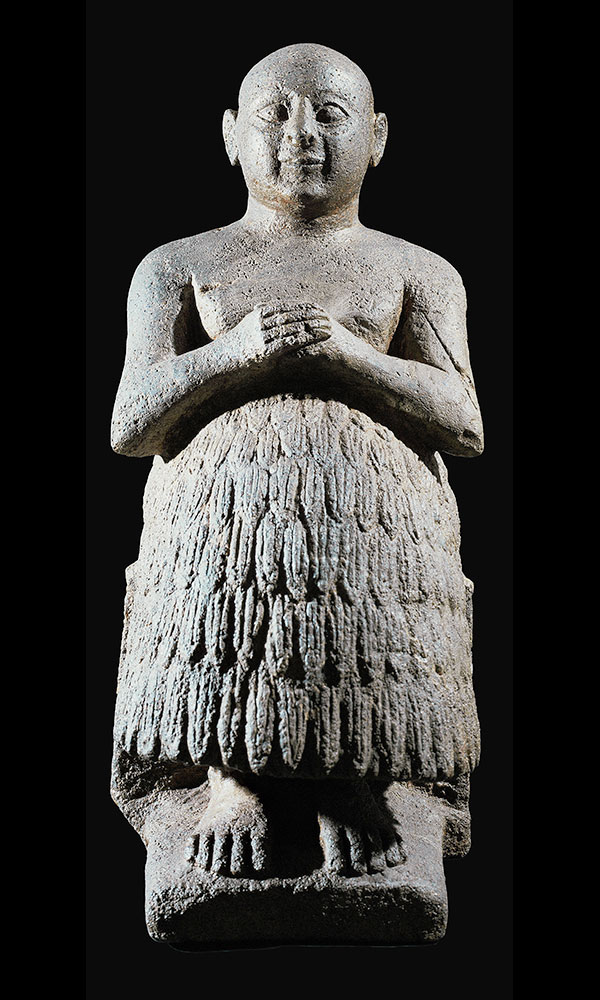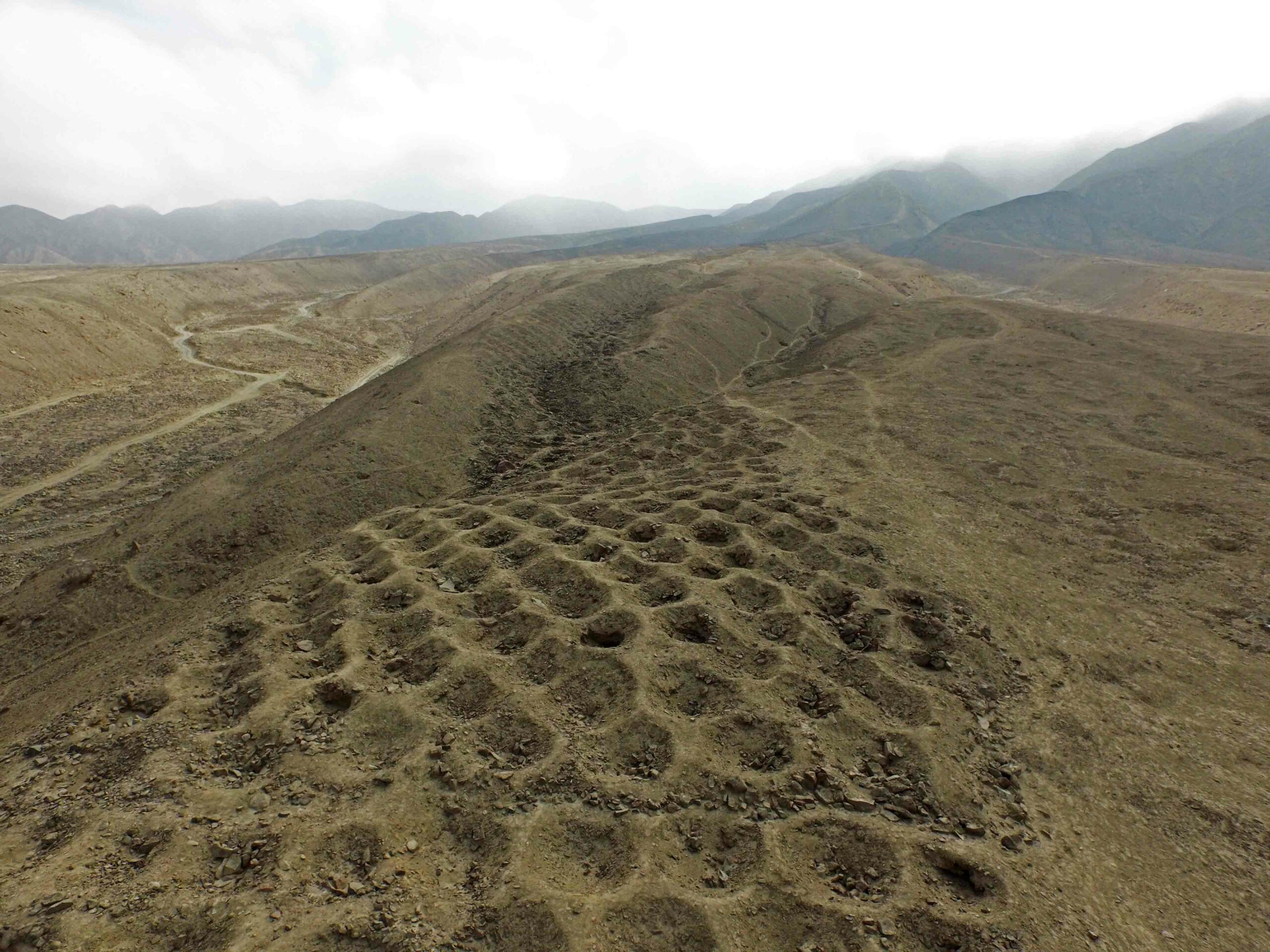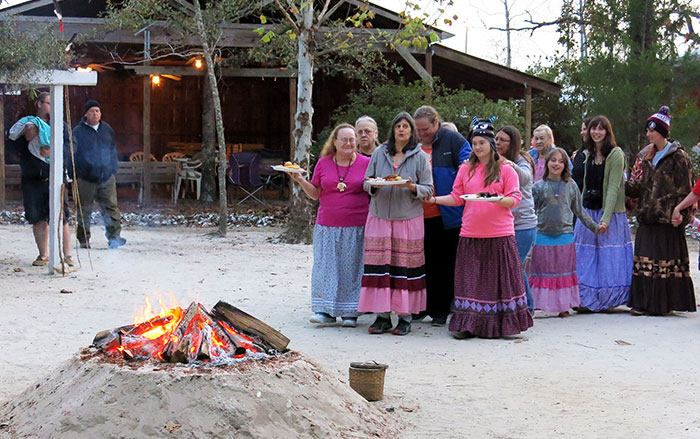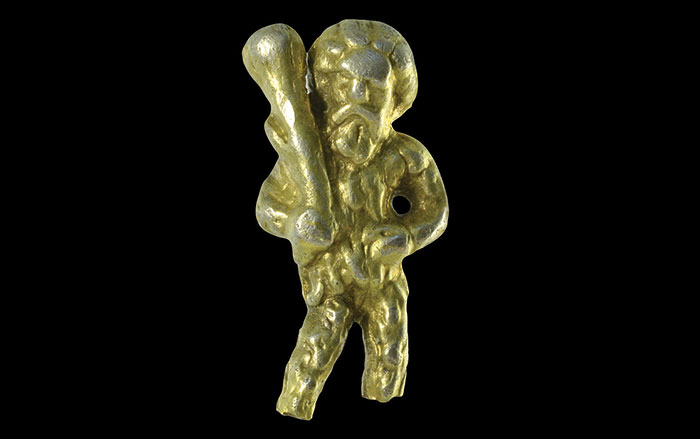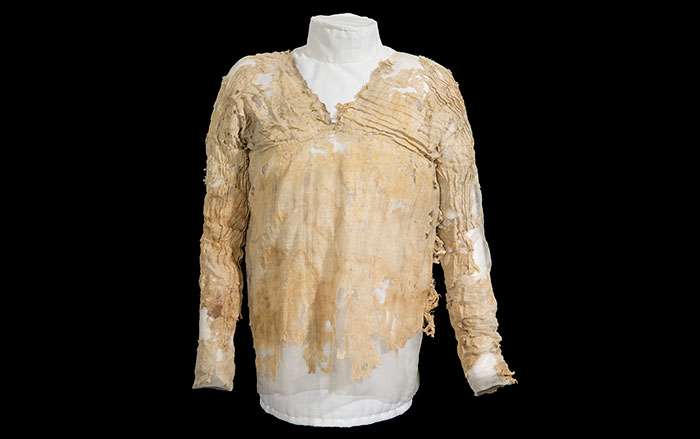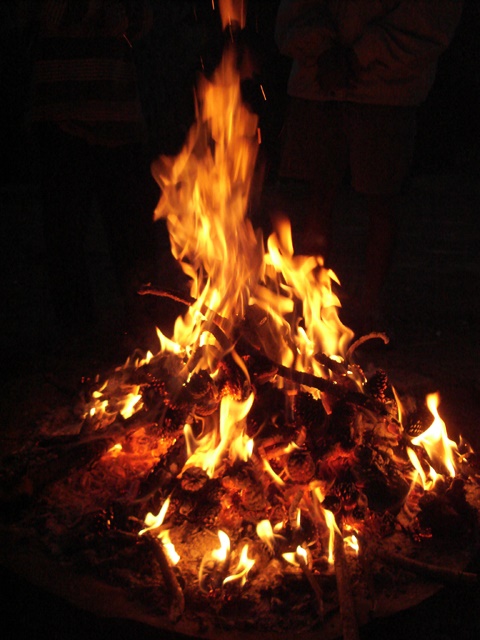
SYDNEY, AUSTRALIA—Mark Tanaka of the University of New South Wales thinks that the use of fire by early humans may have triggered the development of tuberculosis as a deadly disease. Tanaka and a team of researchers used a mathematical model to investigate ways that Mycobacterium tuberculosis, which is benign when it lives in soil and water, might have developed into a pathogen transmissible between people. Tanaka’s team found that adding fire to the equation increases the risk of just such a mutation. Campfires enjoyed by early humans could have caused smoke damage to lungs, making them more vulnerable to infection. Campfires may have also brought people together for longer periods of time, increasing the chance of disease transmission. “You get multiple sporadic cases, and most of them fail in the sense that they fail to evolve and so there are multiple failed chains of transmission, but eventually the right mutations come along and the whole thing is triggered,” Tanaka explained in an ABC News Australia report. To read about another study exploring ancient health, go to "Heart Attack of the Mummies."


